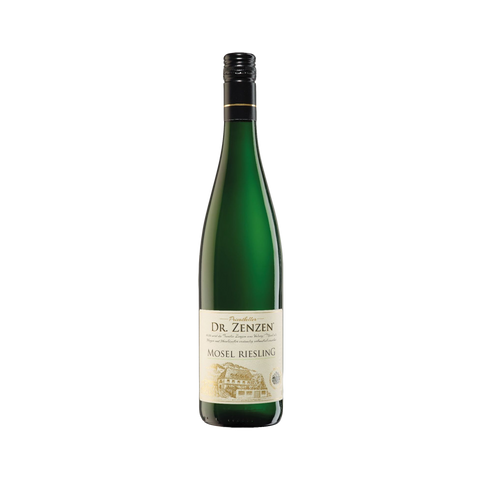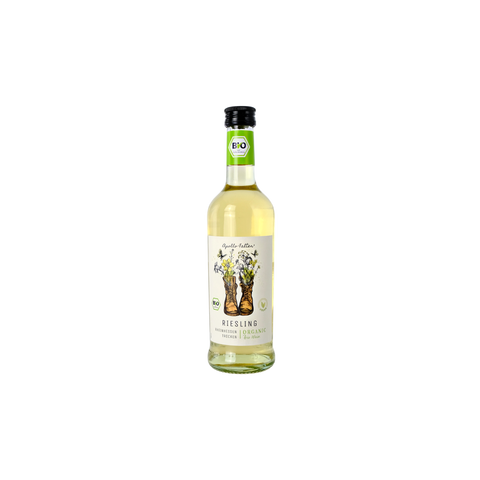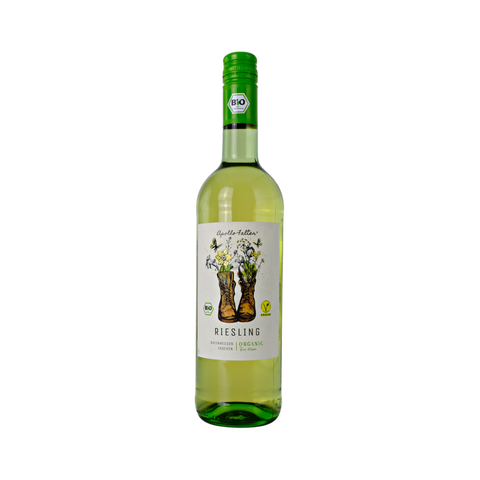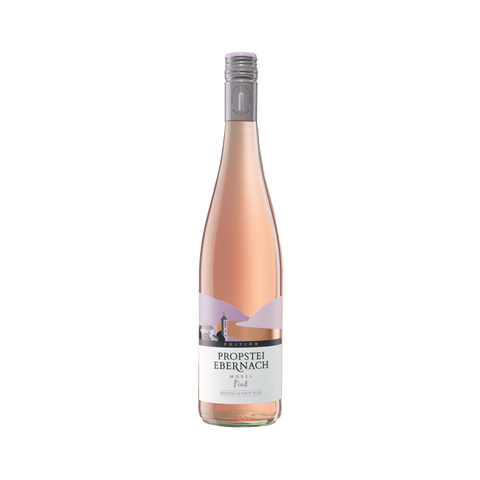6 products
Frequently Asked Questions
What Is Riesling Wine?
What Type of Wine is Riesling?
What is a Good Riesling Wine?
Riesling Wine Regions (Where is Riesling Wine From?)
What Does Riesling Taste Like?
Is Riesling Wine Sweet or Dry?
What Food Pairs Well with Riesling Wine?
Riesling Wine Prices







